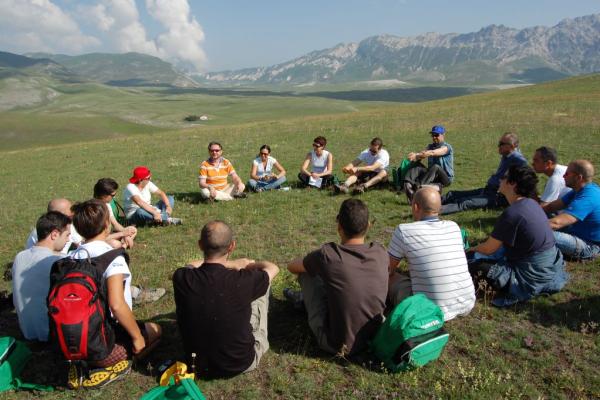The Impact of Sporting Events on Territorial Communication: Strategies and Engagement
-
Home
-
Territory Marketing Strategies
-
The Impact of Sporting Events on Territorial Communication: Strategies and Engagement

The Impact of Sporting Events on Territorial Communication: Strategies and Engagement
Communication through events can be considered a fundamental concept for the success of tourist destinations, which increasingly feel the need to build a climate of consensus and trust, a strong and attractive image among the various target audiences, even if it cannot absolutely replace the quality of the products and services offered by any type of organization, whether public or private.

Moreover, those who represent the modern tourist destination find themselves operating in a context that has radically changed compared to just one or two decades ago; hence the need to develop an ability to adapt to the evolution of the environment by trying to carry out a proactive action towards it, creating new interactions, developing original platforms and creating new correspondences.
In the continuous search for consensus and competitive, social and institutional legitimacy in its reference environment. Its activity is based on an interchange carried out within the framework of relationships initiated and managed through communication, which plays a strategic role between territory and environment.
A key role is assigned to communication, as a fundamental vector on which to build and manage relations with its external and internal stakeholders.
Effective tourist communication necessarily goes through at least three very important phases:
- territorial identity
- communication itself
- the image of the tourist destination
If one's own identity is not shared internally, the communication put in place will never be effective. Once the identity has been acquired by all the staff and by all the subjects who represent the tourist destination, it is then conveyed towards the system in which the organization operates.
There are three main models for conveying identity:
- Functional: there is a function, an internal subsystem responsible for external communication;
- Advertising communication: promotional activity also entrusted to agencies;
- Integrated: the communication process is an activity that integrates all the subsystems or functions of the subjects representing the tourist destination, in order to provide a coherent and unified identity.
The latter is the only one that takes into account the managerial complexity of the territory understood as a tourist destination and can be defined as follows: "integrating different texts, for different audiences, with different means of communication".
The sporting event fits into this strategy, offering extreme flexibility and the possibility of favoring integrated marketing communication.
Why sporting events are popular: • The possibility of experiencing the territory • The reduction of risk linked to the sporting result • The possibility of exerting strong communication pressure • The optimization of cost per useful contact • Less advertising clutter compared to other means • Possibility of dialoguing with selected targets • Possibility of personalizing the event according to one's marketing needs.
Share this post:
Related Posts

Offsite experience with your corporate team, nestled in a stunning Italian destination, indulging in...


